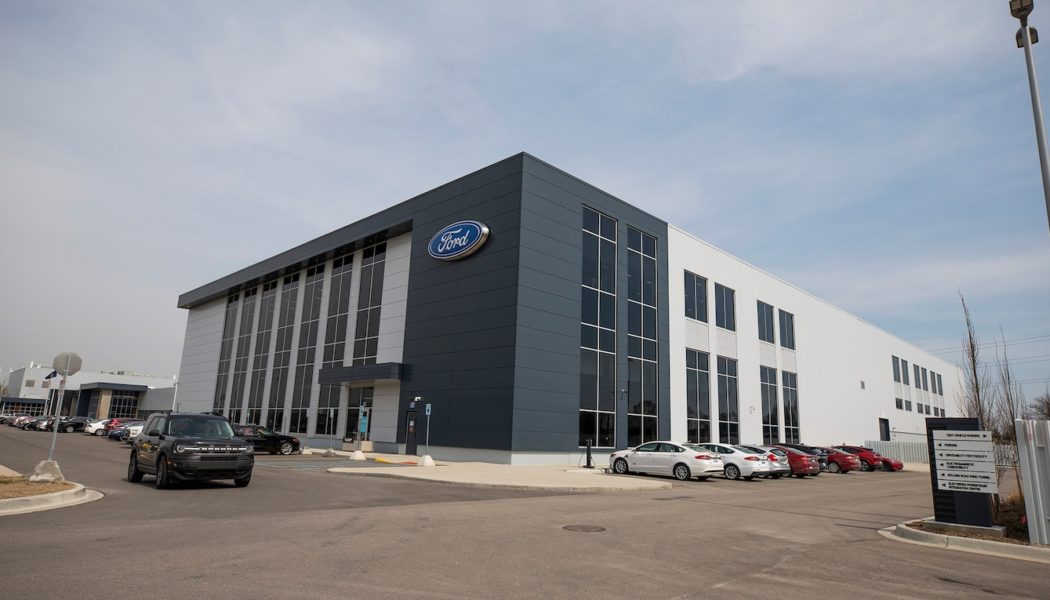Ford is establishing a battery cell research and development center in Michigan as a next step to manufacturing its own batteries for electric vehicles, rather than relying solely on suppliers.
It is a tangible example of a mind shift at Ford under new CEO Jim Farley who recognizes the automaker must throw past caution to the wind when it comes to embracing electric vehicles. Under Farley, Ford will accelerate the transition to battery electric vehicles from traditional internal combustion engines and reverse the stance of former CEO Jim Hackett who did not see the value in bringing capital-intensive battery cell manufacturing in-house. Farley sees the EV market developing quickly, creating the scale necessary to justify integrating cell assembly. Shortages of semiconductor chips have heightened the need to control the supply chain.
Ford’s Full-Scale Battery Plant Plans
Ford chief product platform and operations officer Hau Thai-Tang shared that the company is spending $185 million to create a new global battery center of excellence in southeast Michigan. It will be called Ford Ion Park.
About 150 experts in the field will use the roughly 200,000-square-foot facility to develop, build, and test battery cells and manufacturing tools and processes with an eye toward establishing Ford battery cell plants in the future. These will power a growing portfolio of electric vehicles.
Ford Ion Park is a bit of a guinea pig operation that’s set to work out the bugs of the battery production process. In the future, the automaker will launch full-scale, high-volume battery cell and battery production, although officials would not provide a timeline for that next phase.
Many details about Ford Ion Park are still forthcoming, such as its exact location—we are told logistics are still being worked out. The lab will be led by director Anand Sankaran and should be running by the end of 2022. In addition to workspace for research and development, Ford Ion Park will include a pilot assembly line to build cells and batteries.
Engineers will work on next-generation lithium-ion batteries, including solid-state batteries in the event that is the direction the industry takes in the future. Solid-state batteries have the potential to offer increased power density and reduce cost, but Ford wants to ensure the tech will work in a large battery format to power vehicles such as a full-size Ford F-150 pickup truck. The company also wants to ensure solid-state batteries can be manufactured at the scale it needs.
Ford’s future batteries must be able to meet the diverse needs of its product portfolio, which means these units need to pack the proper power to motivate performance vehicles and the reliability and efficiency required of commercial fleet vehicles. The packs must also be able to handle the towing and off-road abilities expected of trucks and SUVs.
The team at Ford Ion Park will work with Ford’s new $100 million Battery Benchmarking and Test Laboratory in Allen Park, Michigan, which opened in late 2020 and is working to test and identify the right battery cells and chemistry to pursue. The lab has already analyzed more than 150 types of battery cells.
Ford’s Playing Catchup
Ford is not alone in its plans to manufacture its own cells and batteries. Tesla famously revealed plans to do so at its Gigafactory, while Volkswagen and General Motors are also taking proactive measures to bring the crucial components of battery manufacturing in-house. In fact, GM has announced plans for a second large battery cell plant in Michigan.










